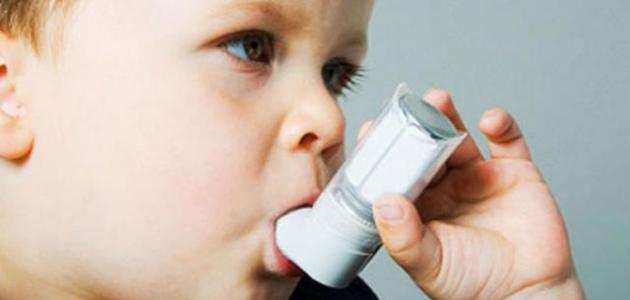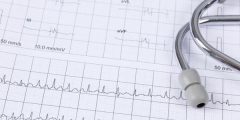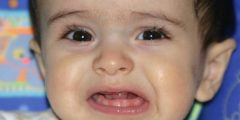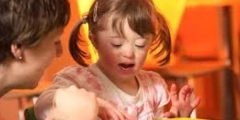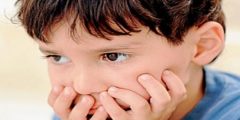cortisone
Many people are afraid of any medications that contain cortisone, especially if the doctor prescribes it for a child, even though it is one of the medications that has proven successful in overcoming many diseases that antibiotics could not overcome. It is true that there is no need to be afraid of this medication. As long as the doctor sees that it is the best treatment for the child, but in order for the child not to have harmful side effects, it is necessary to adhere to the instructions explained by the doctor, in order to preserve the health of our children.
Cortisone is basically a hormone found in the human body, and it is secreted by the adrenal gland, but the percentage of cortisone in the body may be insufficient to combat many diseases, so doctors resort to using medications that contain this hormone, as it is given in several forms, in the form of tablets, or Injection, spray, or topical ointment. Cortisone was discovered in 1950 by scientists Edward Kendall and Philip Hench.
Diseases treated by corticosteroids
Cortisone is used to treat the following conditions in children:
- asthma.
- Eczema.
- Joint infections.
- eyes illnesses.
- Lung diseases.
Cortisone is used when the body does not respond to allergy medications, as in the case of asthma, and does not respond to medications for the other diseases mentioned.
Read also:Normal baby heartbeat
The effects of cortisone on children
When a doctor prescribes cortisone medications to children, he tries to give them the lowest possible dose, as it is one of the medications that is difficult to stop if the body gets used to it. Rather, this must be done gradually, and one of the most important harms that cortisone causes to children, especially if it is used for a long period of more than three years. The most popular are the following:
- Negatively affecting children's development.
- Swelling of the face and neck, and the child appears as if his face is abnormal in shape.
- Increased sodium levels in the body and decreased calcium levels, which may lead to osteoporosis.
- Sometimes the child becomes dizzy.
- The child suffers from muscle weakness.
- Poor appetite, which may be accompanied by nausea and vomiting.
precautions
For all of this, parents must adhere to the recommended dose for their child, and follow up with the doctor so that there is no deficiency in their child’s body immunity, and to know the appropriate time to start withdrawing the medication and stop it in the end.
Cortisone affects children negatively and to a great extent if it is given to them orally or by injection. When starting to stop cortisone, this must be done within a period of no less than a month, and cortisone is replaced with other medications during this period and afterward to treat the disease to be treated.
Read also:Motor development of the childIn order to protect the child who is taking cortisone medications, he must be kept away from any source of infection for any diseases, so that his condition does not worsen and worsen. As we mentioned, cortisone works to reduce the body’s immunity, so the desired disease must be treated, and one must stay away from any place from which diseases may be transmitted to the child, such as hospitals. And places crowded with people.
